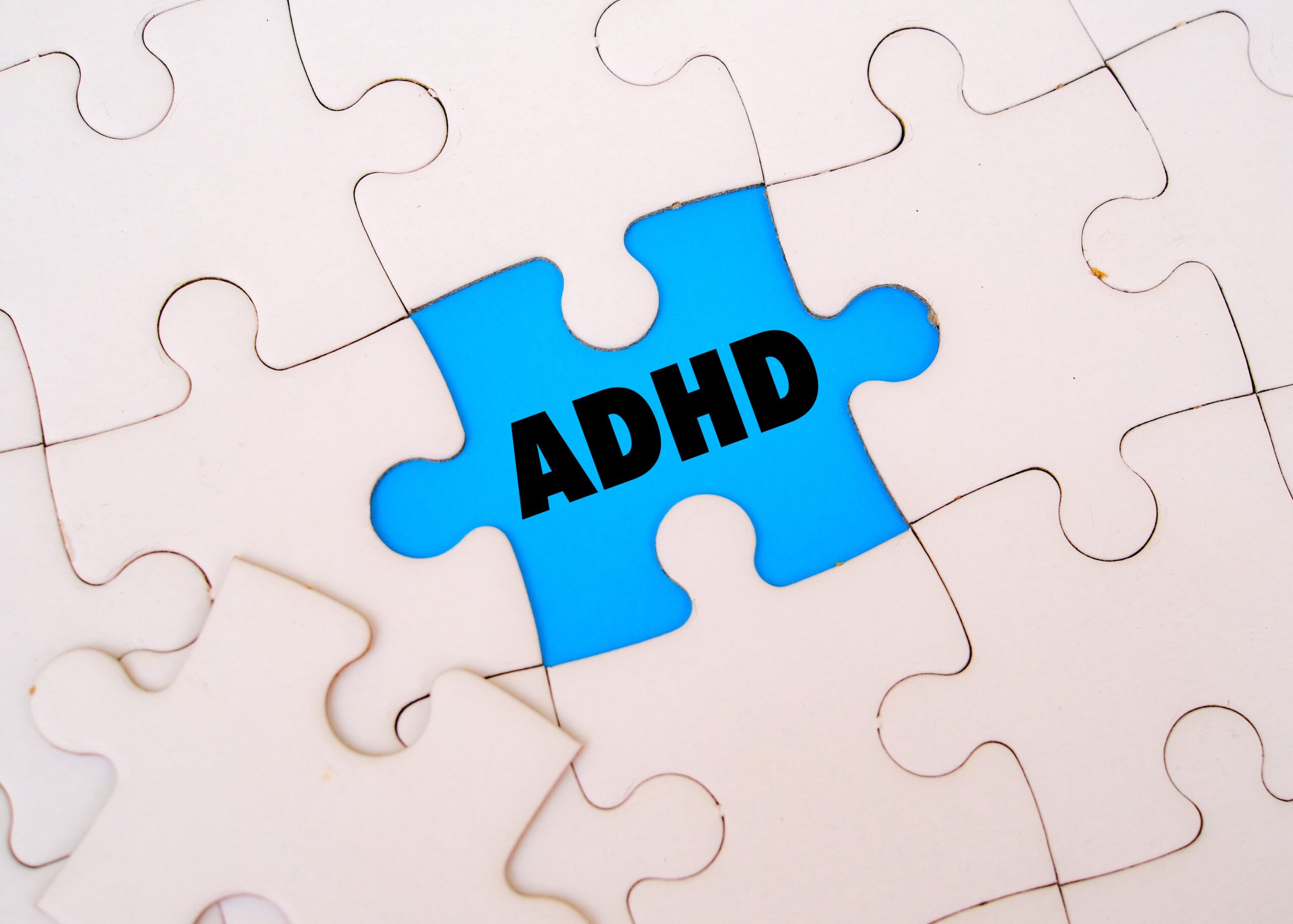Table of Contents

ADHD management is evolving beyond medication-only approaches, with holistic treatments and behavioral therapies now recognized as essential components for comprehensive care.
At a Glance
- Alternative ADHD treatments including mindfulness, nutrition changes, and behavioral therapy show promising results for many patients
- Studies show 8.7% of U.S. adults have ADHD, with many physicians dissatisfied with current treatment options
- Emerging therapies like EMDR, neurofeedback, and transcranial magnetic stimulation offer new possibilities for ADHD management
- The American Academy of Pediatrics suggests behavioral therapy should be the first line of defense against ADHD for children
- Personalized, integrated approaches combining traditional and alternative therapies may be most effective
The Growing Shift Toward Holistic ADHD Management
For decades, the primary approach to ADHD treatment has centered around stimulant medications like Ritalin and Adderall. While effective for many, these treatments come with limitations and side effects that have prompted healthcare providers and patients to seek broader management strategies. This shift reflects growing recognition that ADHD affects the whole person—not just brain chemistry but also emotional regulation, social functioning, and overall wellness. California has become a notable hub for personalized ADHD treatment approaches that consider physical, emotional, and environmental factors in crafting individualized care plans.
This statistic highlights the prevalence of ADHD and underscores the importance of effective treatment options. The traditional medication-only approach, while helpful for many, doesn't address the full spectrum of challenges. Moreover, patient and provider dissatisfaction with current treatments is notable. A survey revealed that nearly 20% of physicians expressed dissatisfaction or neutrality regarding current ADHD treatment options, suggesting room for improvement in management approaches.
Effective Non-Medication Approaches
Cognitive-behavioral therapy (CBT) has emerged as one of the most effective non-medication interventions for ADHD. This structured therapeutic approach helps individuals identify and change negative thought patterns and develop strategies to manage symptoms like impulsivity and disorganization. For children especially, behavioral therapy is gaining recognition as a frontline treatment. The American Academy of Pediatrics recommends behavioral therapy as the first approach for children with ADHD, before medication is considered, recognizing its efficacy and lack of side effects.
Mindfulness practices have also shown promising results. Regular meditation and mindfulness exercises help improve attention, reduce impulsivity, and enhance emotional regulation. A study of adults with ADHD who practiced mindfulness meditation for eight weeks found that 30% reported a greater than 30% reduction in ADHD symptoms related to attention. These approaches fit well with California's wellness culture and are increasingly incorporated into comprehensive treatment plans.
— Dr. Cassone (@drcassone) April 24, 2025
Emerging Therapies Showing Promise
Several innovative therapies are gaining recognition for their potential in ADHD management. EMDR (Eye Movement Desensitization and Reprocessing), originally developed for trauma treatment, is now being applied to ADHD with encouraging results. This therapy uses bilateral stimulation to help reprocess distressing memories and create new neural pathways that can improve attention and impulse control. Research supports its efficacy, with one study finding EMDR therapy produced improvements comparable to medication but without adverse side effects.
Neurofeedback and transcranial magnetic stimulation (TMS) represent other promising approaches. Neurofeedback helps individuals gain conscious control over brain activity through real-time feedback, while TMS uses magnetic fields to stimulate specific brain regions. These treatments leverage neuroplasticity—the brain's ability to form new neural connections—to address ADHD symptoms at their neurological source. While more research is needed, early results suggest these approaches may benefit those who haven't responded well to traditional treatments.
Lifestyle and Nutritional Interventions
Dietary approaches to managing ADHD have gained increased attention. Research suggests that certain nutritional deficiencies may exacerbate ADHD symptoms, while supplements like omega-3 fatty acids, zinc, iron, and magnesium may help alleviate them. Some individuals find symptom improvement by eliminating potential trigger foods, particularly those with artificial colors and preservatives. The Mayo Clinic suggests that people with hyperactive ADHD might benefit from reducing food preservatives and artificial coloring in their diet.
Regular physical exercise and time in nature have also demonstrated benefits for ADHD symptom management. Exercise increases dopamine and norepinephrine levels—neurotransmitters involved in attention and focus—and promotes overall brain health. Studies show that spending time outdoors can significantly improve concentration in people with ADHD. These lifestyle interventions, while not replacements for professional treatment, can be valuable components of a comprehensive management approach and contribute to overall wellbeing.
The Case for Integrated, Personalized Treatment
The most effective ADHD management appears to involve personalized, integrated approaches that combine various therapeutic modalities. While medication remains an important tool for many, combining it with behavioral therapies, lifestyle modifications, and possibly emerging treatments offers the best outcomes for most individuals. A multi-modal framework acknowledges the complex, multifaceted nature of ADHD and addresses symptoms from multiple angles. Research supports this approach, with studies showing that behavioral therapy combined with stimulants is particularly effective in enhancing attention and reducing impulsivity.
Success stories from patients who have embraced holistic, personalized treatment plans highlight the potential of this approach. These individualized strategies consider each person's unique symptom profile, preferences, strengths, and challenges. Professional support from therapists, dietitians, and specialists remains essential in developing and implementing these comprehensive plans. As our understanding of ADHD continues to evolve, treatment approaches that honor the whole person—addressing mind, body, and environment—offer the greatest promise for helping individuals with ADHD thrive.
AD
Most Recent
AD
